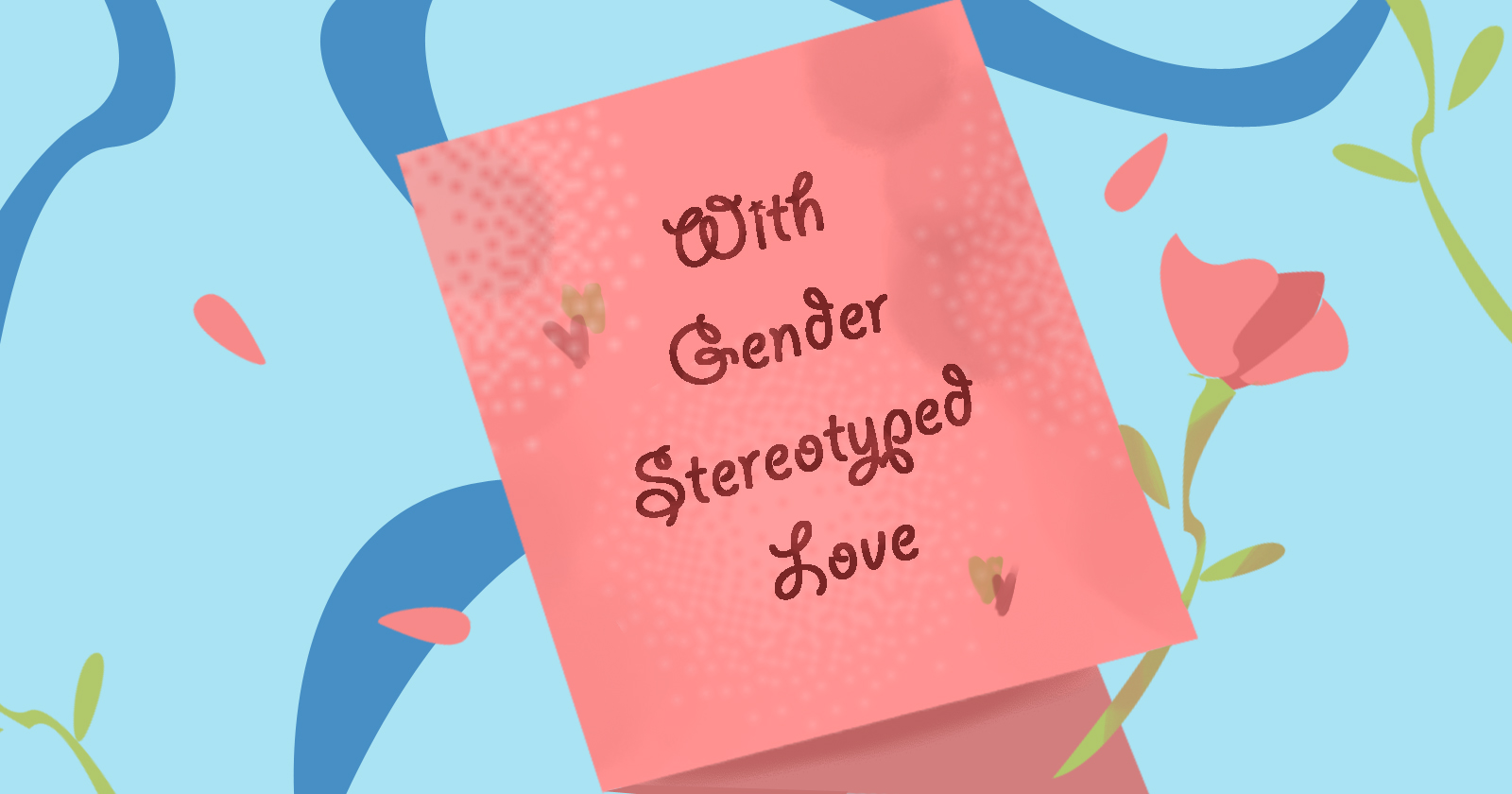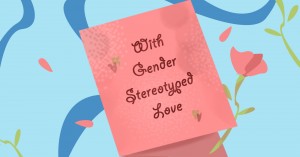Gender stereotypes and Valentine love

It is soon to be Valentine’s Day and the air will be filled with a perfumed, blissful buzz in living rooms, bedrooms and even university classrooms.

It is soon to be Valentine’s Day and the air will be filled with a perfumed, blissful buzz in living rooms, bedrooms and even university classrooms.
Some years ago, my class was interrupted by florists entering to deliver large bouquets to two of my students.
I appeared crestfallen because none were for me.
On my lectern the following day, I found a bouquet of colourful pipe cleaners twisted into flowers.
So we have one day when we are invited to express our feelings of affection to people we like — or even love.
And while I might object to formalizing affection, it is a fine sentiment reminding us of how much we do care about the people in our lives.
For me however, the sub-text of Valentine’s Day messages and their perpetuation of stereotypes are even more interesting and such rituals reflect just how our society thinks about affection for friends and love for our family members.
It is a rare thing these days to sit down and pen a note to others, expressing our deepest feelings and affections: obsessed with texting and e-mails, letter writing is a thing of the past.
So we buy a Valentine’s Day card — an abridged, sanitized expression of our feelings.
While the cards’ messages may be drained of personal feelings, they certainly are required reading for a refresher course on how we have made romance a cliché and removed all that is mysterious about love.
Rather than informing us on how to love or be in love, Valentine’s Day cards reveal much about the social construction of love and romance but most of all, they promote glib stereotypes and make it all very profitable.
Spend a moment or two in front of those racks of Valentine cards, and the first thing you notice is the colour of love is pink or red.
And wrongly or rightly, Valentine’s Day rituals strongly suggest a feminine component: red/pink ribbons, fiery red/pink roses, red hearts and the like.
And oh yes, those stereotypes! To a brother, a sister writes: “I know how much you hate those mushy, how-much-you-mean-to-me stuff, so Happy Valentine’s Day, Butthead.”
Similarly, another begins: “I hope you’re not embarrassed by a card that says something warm and mushy.”
On the inside it simply says: “Oatmeal.” No less reassuring, one card reads: “To my husband on Valentine’s Day: I know men have a hard time expressing their feelings in words, but don’t worry … That’s what expensive gifts are for.”
So generally speaking, we males are yet at some Ice Age level, groping our cave-ward way toward more open and honest emotional expressiveness?
Valentines also have imbedded in them stereotyped expectations regarding gender roles.
While both parents are appreciated for a general supportive kindness, cards for mothers often thank her for her hard work and tender loving infant care; supposedly, things only she can offer.
One card says: “For Valentine’s Day, Mom, here’s something you don’t have to dust, hang up, fold and put away. It’s a heart full of love for the greatest Mom in the world.”
Cards for Dad are seldom as specific; it is as if no one is quite sure what Dads are good for or exactly sure what Dads should do.
When cards thank Dad for something, it’s for hikes taken, camp outings, shooting a few hoops or playing catch.
Dad seems to be the always present, perpetual playmate — no household drudge is he!
As well, other gender stereotypes emerge: on one card a woman says: “Happy Valentine’s Day.
I couldn’t have found a better husband than you.” Inside is the punch line: “And you know what an experienced shopper I am.”
So go right ahead, be a stereotype anarchist.
In this day and age when are we are recognizing a great variety of gender identities, my sample of Valentine’s Day cards lag far behind.
So whatever your role and whatever your gender, send some kind affection to anyone you love and it will be a very happy Valentine’s Day for you.


